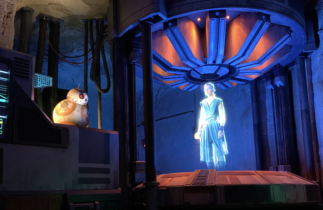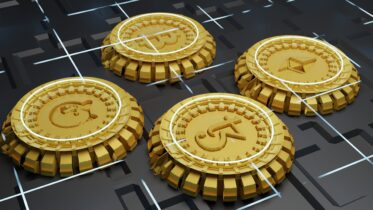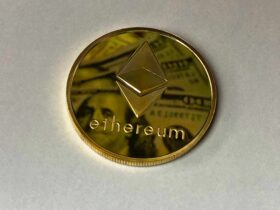NFTs had their breakout year in 2021, bringing to the art world a digital revolution. They became one of the year’s fastest-growing asset classes.
Non-fungible token technology has allowed artists to offer digital originals while cutting out art broker intermediaries, also being able to receive royalties on their work’s secondary sales. However, art is just the simplest of use cases of the growing functionality being realised with NFTs, blossoming into a new world of web 3.0.
NFTs have an evolving utility that is expanding daily. NFTs are already building communities, enabling novel and tradable assets for gaming, and providing the foundations for ownership and identity outside the coming metaverse. This article will delve into several aspects that NFTs will be used in our lives going forward and why they are beneficial in these roles.
NFTs and Digital Ownership
Because of their blockchain-based immutable nature, NFTs provide a complete history and proof of ownership, what the art world calls provenance, for digital assets and for any other class that is represented by a non-fungible token.
This functionality allows for the creation of unique digital assets or items that anyone can buy or sell freely with confidence in an open marketplace.
NFTs of today have already evolved, creating further utility spanning a variety of industries:
- Digital community keys
- Ownership of a username and assets in the metaverse
- Ownership of game assets, including avatars and virtual real estate
As our online world shifts from web 2 to web 3, NFTs will form the foundations of digital communities, assets, and economies.
NFTs as Entry Keys
One of the first use case evolutions of NFTs is as a form of ‘membership pass’ for a digital community. The ownership of NFTs that were part of a collection, like the Bored Ape yacht Club (BAYC) or the CryptoPunks, became the keystones that were required for membership in the communities that holders built.
More recently, the picture NFT collections such as Oni-Ronin have expanded on this idea, giving owners exclusive access to workshops and events as well as free airdrops of additional NFTs and even private raffles for a trip to Japan.
This type of entry is moving beyond the digital space, with NFTs now being used to provide their holders access to in-person events. Because NFTs are an immutable proof of ownership maintained on their blockchain, NFTs are in a position to solve some of the most common issues with event ticketing, such as digital theft and forging.
Digital Identities and Assets Redefined
There is no need to worry about someone taking your username in the metaverse. Some NFTs already allow for the ownership of custom “.eth” Ethereum wallet addresses (Ethereum Name Service).
So far, there have been nearly 3 million names created by over 600,000 participants.
Being in NFT form, these custom addresses can be integrated into other decentralised applications or Dapps, and they simplify the previously complex wallet addresses, allowing them to be personalised and much easier to remember. Rather than a long string of numbers and letters like ‘0x0078784ef055b06FC5A76B90c26’, it would be a much simpler address, like an email address or Instagram name such as ‘johnsmith.eth’.
Additional projects, such as NFT.com, use NFTs to provide the custom ownership of a personal profile like www.nft.com/johnsmith. The owner can share and display their NFTs on a decentralised social media network.
Read the full article here.






